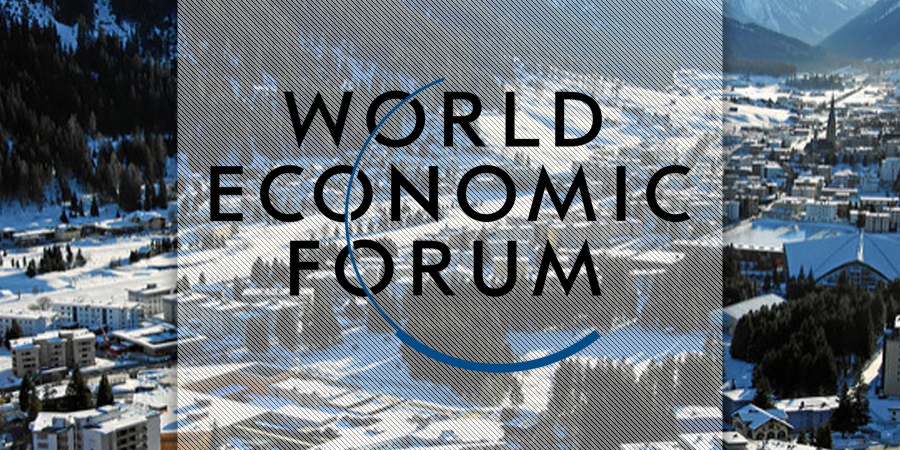The World Economic Forum in Davos, Switzerland, provides the perfect platform for world leaders to come together to share knowledge and discuss the future challenges posed by the advent of new technologies that are destined to disrupt and reshape major industries.
One term which was used frequently throughout the World Economic Forum was ‘digital transformation’. The Fourth Industrial Revolution is now upon us - and ‘digital transformation’ is not optional for major enterprises – it is fundamentally necessary in order to sustain growth and in many instances survive.
However, whilst digital transformation offers many exciting new opportunities, many experts believe its integration will result in pain for many companies and its workforce.
Whether it’s through Robotics, Machine Learning, AI or Automation, the impact of the transformation is piling pressure on governments and has left many employees across a number of industries fearing for their jobs and their futures.
Head of Global Sales at Microsoft, Jean-Philippe Courtois expressed her reservations and outlined the important role major tech entities like Microsoft is going to play in overseeing this revolutionary transition.
He said, “All these technical and non-technical companies have a very big responsibility. The spoils of the digital economy must be redistributed to a larger mass of people. This means a responsibility, for example, in education."
Technology behemoths such as Amazon Web Services, Google, IBM and Microsoft are cashing in on this lucrative market and are using their expertise to help build transformation programs for companies that are looking to both implement automation and digitize data.
Global corporate consultancy firm McKinsey compiled a comprehensive report which found that just 8% of companies believe their existing business model would survive if their industry keeps digitizing at current speeds.
World Economic Forum expert Murat Sonmez now believes that The Fourth Industrial Revolution is moving faster than anyone had previously expected and that many governments and businesses are now scrambling to keep up.
He said, “Businesses and governments are falling behind in responding to this pace, continuously operating in the too late zone.”
In an address to the Davos forum on Wednesday, German Chancellor Angela Merkel said multilateral bodies such as the World Trade Organization should gain oversight of cross-border data flows. Prime Minister Shinzo Abe of Japan said his country would push for better oversight of data during its chairmanship of the G20 this year.










